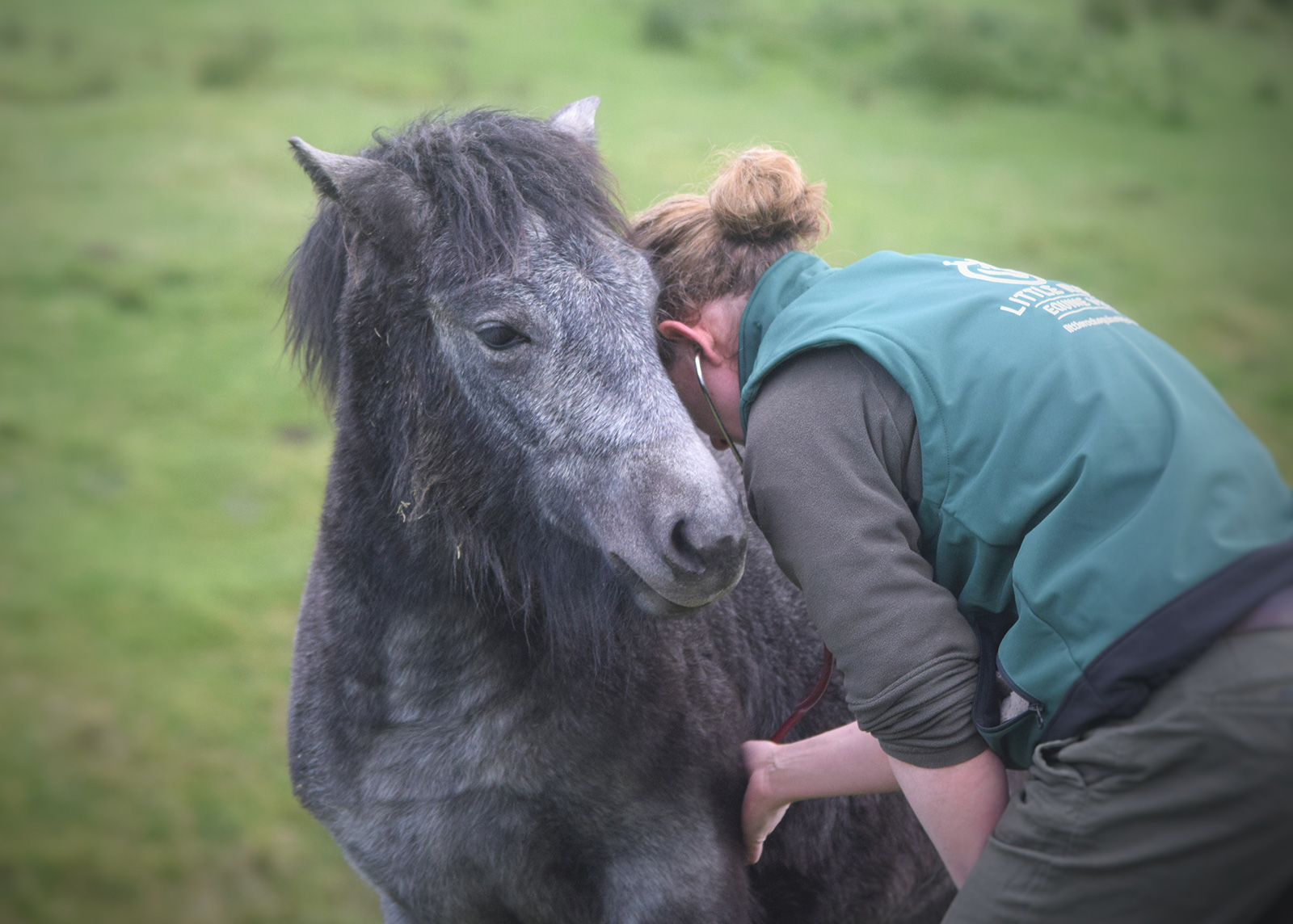Equine Dentistry in Staffordshire
Your Horse’s Health: Why Equine Dental Care is a Priority
Your horse’s mouth is vital to their health, comfort, and performance. Without regular care, dental problems can cause pain, weight loss, colic, and behavioural issues. Because horses’ teeth grow continuously and develop sharp edges, modern equines are especially prone to dental disease.
Our vets provide complete equine dentistry, from routine check-ups to complex extractions, using detailed dental charts and the latest equipment to safeguard your horse’s long-term health.
Why Equine Dental Care Matters
A healthy mouth is vital, but dental pain is often subtle. Signs like quidding, bad breath, reluctance with the bit, weight loss, or head-shaking indicate your horse may need professional care.
Proactive dentistry goes beyond rasping edges, it includes full oral assessments to prevent issues like wave mouth or diastema. Our team uses modern techniques to keep your horse comfortable, balanced, and performing at their best.
Why Equine Dental Care Matters
A healthy mouth is vital, but dental pain is often subtle. Signs like quidding, bad breath, reluctance with the bit, weight loss, or head-shaking indicate your horse may need professional care.
Proactive dentistry goes beyond rasping edges, it includes full oral assessments to prevent issues like wave mouth or diastema. Our team uses modern techniques to keep your horse comfortable, balanced, and performing at their best.
What’s Involved in Equine Dental Care at Little Rock Equine?
During yard visits, we provide thorough, professional equine dental care that goes beyond a quick check, taking the time and detail your horse deserves.
Comprehensive Examination
Our process begins with a thorough oral examination using a specialised speculum, headtorch, and mirrors to safely view the entire mouth.
We perform precise, low-stress dental work to balance the mouth and keep chewing efficient and comfortable.
For more complex cases, our vets can provide advanced diagnostics such as radiography which allows us to help you make the best decision for your horse and their mouth
Each visit ends with an updated dental chart and clear report, giving you confidence in their care and helping us safeguard long-term comfort and performance.
Equine Dental Vets vs Technicians: What’s the Difference?
Equine Dental Technicians (EDTs) are trained to perform routine dental care like rasping sharp points and minor overgrowths, but their scope is limited to “Category 2” procedures.
Our equine vets can perform all dental work, including complex extractions and surgical treatments, with sedation and pain relief when needed. This holistic, vet-led approach ensures your horse receives the highest standard of care, supporting comfort, health, and performance.
How Often Should My Horse Have a Dental Check?
The frequency of dental checks depends on a horse’s age, diet, and dental history, but routine care is always essential. Most adult horses should have an annual examination to catch minor issues before they become major problems, since signs of pain often appear only when disease is advanced.
Younger horses (2–5 years) benefit from six-monthly checks as their permanent teeth erupt, while older horses (20+) may also need more frequent attention to manage wear, loose teeth, or periodontal disease.
At Little Rock Equine, we tailor dental care to each horse. Following a full examination, our vets create a personalised plan to support long-term comfort, health, and performance.
Why Choose Little Rock Equine?
We are able to provide everything from routine dental care to advanced procedures with sedation or surgery. Every examination is thorough, with detailed charting to support proactive, preventative care.
As horse people, we understand the bond you share with your equine partner. Choosing Little Rock Equine means partnering with a team dedicated to your horse’s comfort, performance, and long-term well-being.
Contact us Today
We cover Staffordshire moorlands, North Staffordshire and North Staffs county. If you have any equine veterinary needs we would love to hear from you.



